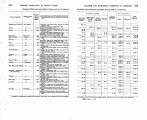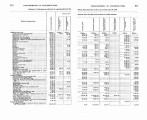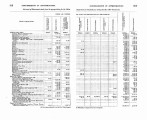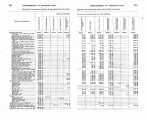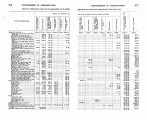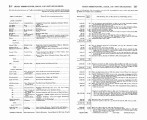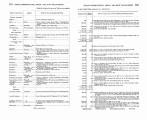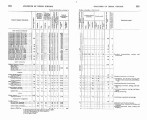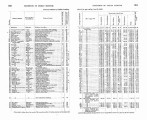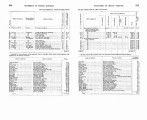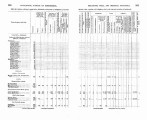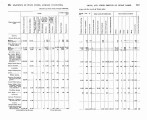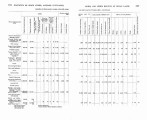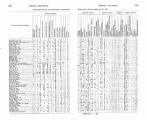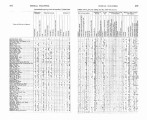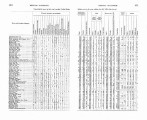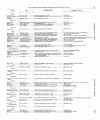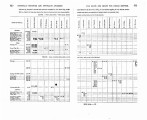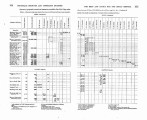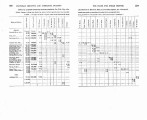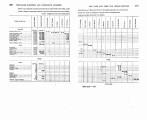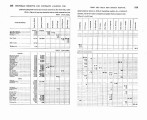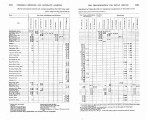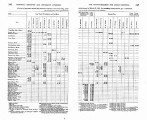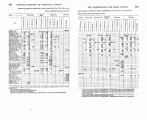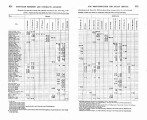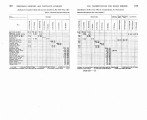| Title |
Annual Report of the Commissioner of Indian Affairs - 1883 |
| Subject |
Indian reservations; Federal government; Indians of North America; Maps; Land use; Allotment of land; Annuities; Indians of North America--Education; Alcohol; White people--Relations with Indians; Irrigation; Water rights; Religion; Treaties; Education; Courts; Crime; War; Horses; Railroads; Timber; Work; Health; Missionaries; Indigenous peoples--North America |
| Keywords |
Annual Report; Indian Agency; Reservations; Land Rights; Allotment; Mining; Military; Indian; White Relations; Native Americans |
| Publisher |
Digitized by J. Willard Marriott Library, University of Utah |
| Tribe |
Paiute; Ute |
| Language |
eng |
| Description |
Excerpts concerning Utah from the Annual Report of the Commissioner of Indian Affairs - Courtesy of the University of Wisconsin Digital Collections. Commissioner Price recommends reevaluating the borders of Indian reservations, passing legislation to prevent the sale of firearms to Indians, and making more liberal appropriations to bolster the power of the Indian police and prevent the sale and consumption of alcohol. The Commissioner discusses allotment distribution, Indian claims against the federal government, railroad construction on Indian land, and enrollment in schools. Commissioner Price mentions an irrigation project on the Uncomphagre Reservation and reimbursement for Ute lands. Utah's Ouray Agent discusses the Utes' desire to see their children attend school, as well as their work ethic, use of alcohol, and efforts at farming. Utah's Uintah Agent discuses the water level of Utah's major rivers, advances in stock and crop raising, the performance of the Indian police, and the consumption of alcohol. |
| Type |
Text |
| Coverage |
Uintah and Ouray Indian Reservation (Utah); Utah; Washington (D.C.) |
| Format |
application/pdf |
| Rights |
Digital Image © 2011 America West Center. All Rights Reserved |
| ARK |
ark:/87278/s6dn71q8 |
| Creator |
Commissioner of Indian Affairs; Price, Hiram, 1814-1901 |
| Date |
1883 |
| Spatial Coverage |
Uintah and Ouray Indian Reservation (Utah); Utah; Washington (D.C.) |
| Setname |
uaida_main |
| ID |
370270 |
| Reference URL |
https://collections.lib.utah.edu/ark:/87278/s6dn71q8 |




















































































